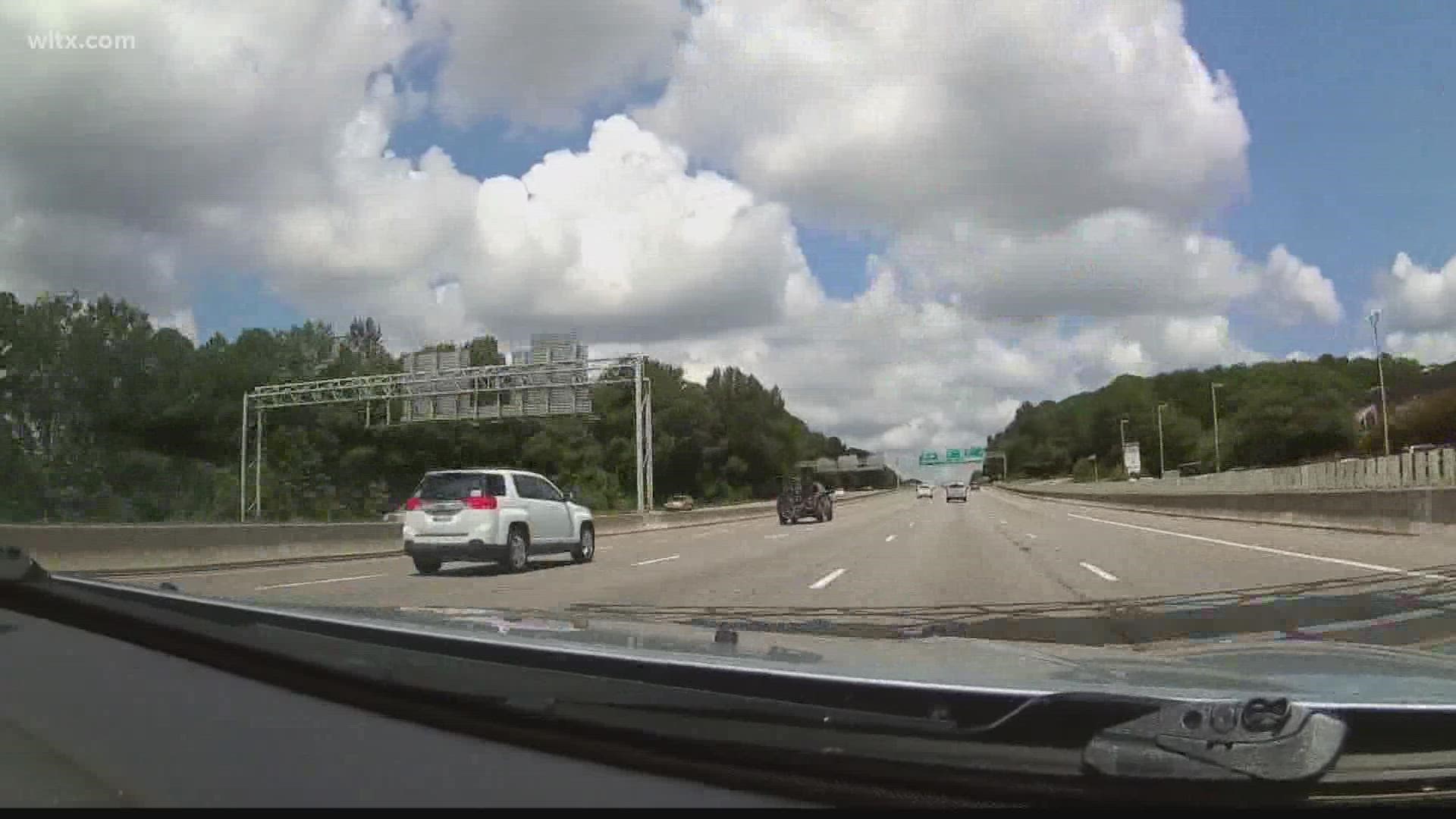COLUMBIA, S.C. — A South Carolina Senate subcommittee recently approved a change that, if passed by the legislature, could increase the fine from $25 to $100 for people driving slowly in the left lane.
For Herman Quick, drivers going too slow in the left lane are an everyday occurrence on South Carolina's interstates and multilane highways.
"If you have somewhere to go and, particularly, if there is nothing in the right lane and the slow drivers are in the left lane, it's particularly aggravating," Quick said.
According to Lance Corporal Tyler Tidwell with the South Carolina Highway Patrol, those slow left-lane drivers can cause disruptions and potential crashes.
"If someone is in the left lane and they're going slow then that could cause a traffic hazard," Tidwell said. "Lanes would be congested because people that are moving faster would all have to slow down because of that one person moving slow in the left lane."
This week, a State Senate subcommittee approved the change to South Carolina's "Slowpoke Law" that would increase the fine associated with it.
As the name suggests, the law makes it a punishable offense for drivers to use the left lane for anything other than passing the vehicle in front of them. The fine isn't a criminal penalty and isn't figured into a driver's record.
Tidwell said that further deterring drivers from hogging the left lane could be beneficial to the safety of South Carolina drivers.
"It kinda alleviates an issue of traffic congestion, and aggression, and maybe some acts of violence," he said.
Some drivers aren't as optimistic that the increased fine will change anything on the roads, however. Lisa Clarkson is skeptical but says any effort to keep roads safe is not wasted.
"I think people ought to realize there's a reason for both lanes and there's a reason for a slow lane and a passing lane and a passing lane should be a passing lane - not that it should give you the ability to go 500 miles per hour," she said.
The bill now heads to the State Senate floor; though, it's unclear when lawmakers will vote on it.

